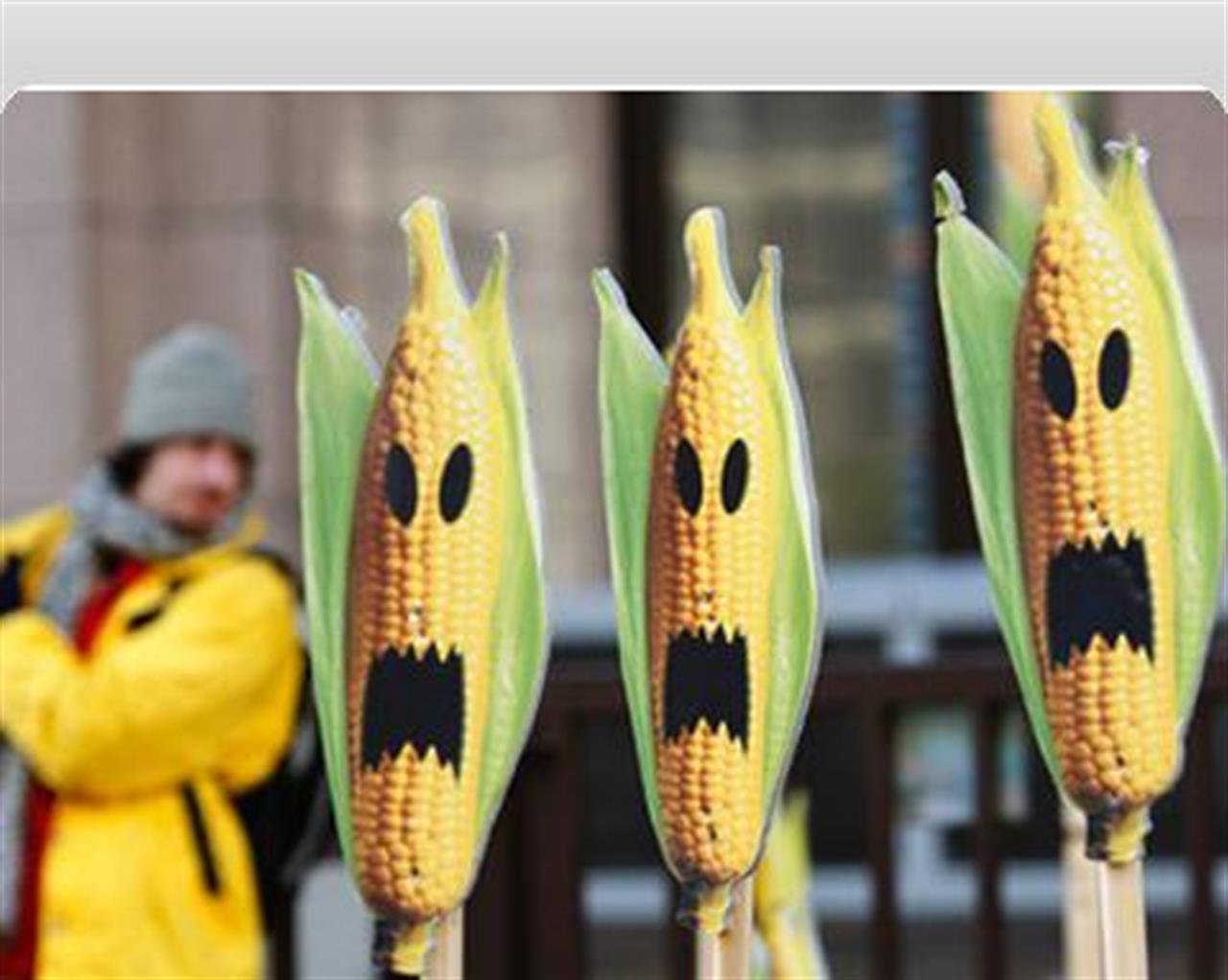Sostenibilità
Dubious bargain
Commission throws in the towel and asks member states to decide on GM crop bans.

A “dubious bargain” says the European Green bloc, referring to the European Commission’s July 13 proposal to allow members states to ban the cultivation of Genetically Modified crops if they reduce their opposition during the EU-level authorisation process.
The commission hopes that this compromise will move the debate, stuck in a decade long impasse, forward.
Activists on both sides of the issue were left unsatisfied.
Environmental organisations, Greenpeace and Friends of the Earth, criticized the proposal for not giving member states additional rights to ban on environmental or health grounds and for failing to deal with the issue of contamination caused in member states that decide to grow GM crops.
President Barroso “is offering countries national bans if they turn a blind eye to the health and safety concerns they may have about new crops during the authorisation process at EU level,” says Stefanie Hundsdorfer, Greenpeace policy adviser.
“While the European commission is seemingly offering countries the right to implement national bans, in reality the proposal aims to do the opposite, opening Europe’s fields to GM crops,” adds Mute Schimpf, Europe food campaigner for Friends of the Earth.
Meanwhile, speaking for the pro-GMO camp, Marchie Sarvaas of EuropaBio, the European Association for Bioindustries, says the proposal is “anti-science” and that “these proposals appear to give carte blanche to ban safe and approved GM crops in any country or region regardless of the needs or wishes of their farmers.”
According to this proposal anti-GMO states, like Austria, will be able to ban the cultivation of GM crops on the grounds that they fear that they will contaminate other crops or on socio-economic grounds – intended to protect local organic farming industries.
States, like Spain, in favour of promoting the production of GM foods will finally have the go ahead to start planting. Currently the only GM crops that can be grown in Europe are a GM potato and a maize variety, produced by the agribusinesses BASK and Monsanto respectively.
The agriculture and environment ministers will debate the proposal on September 27 and October 14 respectively.
Si può usare la Carta docente per abbonarsi a VITA?
Certo che sì! Basta emettere un buono sulla piattaforma del ministero del valore dell’abbonamento che si intende acquistare (1 anno carta + digital a 80€ o 1 anno digital a 60€) e inviarci il codice del buono a abbonamenti@vita.it
